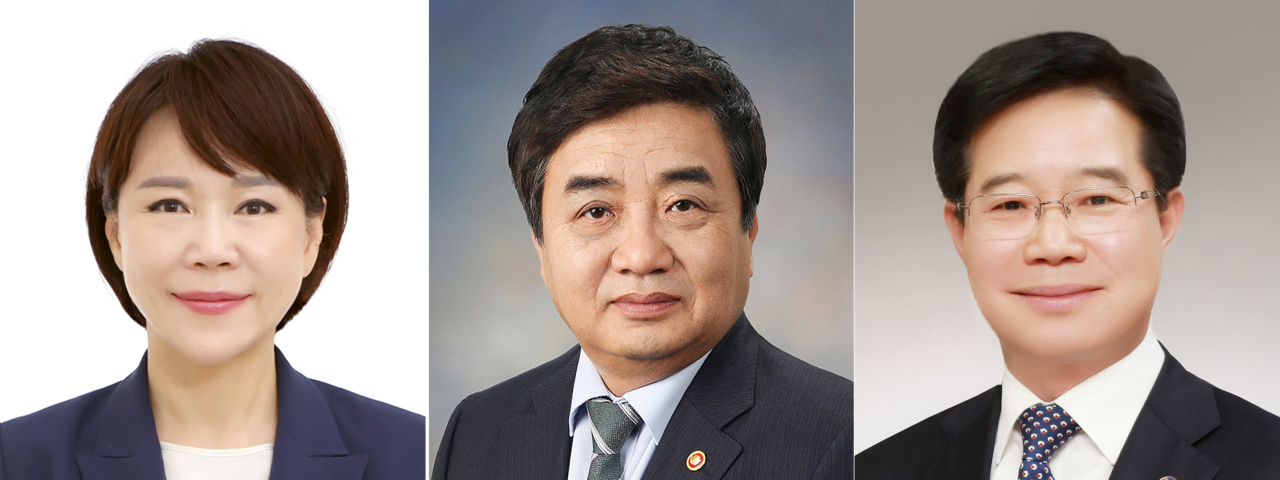Ex-lawmaker tapped to lead national anti-corruption agency
By YonhapPublished : June 26, 2020 - 15:18

President Moon Jae-in has picked a former two-term ruling party lawmaker as new head of South Korea's state anti-corruption body, Cheong Wa Dae announced Friday.
Jeon Hyun-heui, who was defeated in the April 15 parliamentary elections as a candidate of the Democratic Party, is to replace Pak Un-jong as chairperson of the Anti-Corruption and Civil Rights Commission (ACRC), a minister-grade position. Pak is retiring at the end of this month.
Before joining the political world, Jeon was a dentist and lawyer.
Cheong Wa Dae cited her expertise and wide-ranging experience in the political, legal and medical service fields.
"Also with the strong determination for reform that she has shown so far, (Jeon) is the right person to complete the anti-corruption and fair reform (drive), enhance national transparency and resolve social conflicts," presidential spokesman Kang Min-seok said.
Kim Chang-yong, head of the Busan Metropolitan Police Agency, will be promoted to the post of commissioner general of the Korean National Police Agency, according to Kang. The current police chief Min Gap-ryong is scheduled to finish his two-year term next month.
Kim graduated from Korean National Police University in 1988 and served at Cheong Wa Dae in the 2000s under the Roh Moo-hyun administration.
Moon also decided to keep Han Sang-hyuk, a former lawyer, in his current job as chairman of the Korea Communications Commission, the government's media regulation arm, Kang added. He took up the minister-level position last year as his predecessor Lee Hyo-sung abruptly offered to step down.
The Cheong Wa Dae spokesman said Han is expected to "cope actively with rapidly changing broadcasting, communication and media fusion circumstances," given his expertise and experience in state affairs.
Kim and Han are required to go through confirmation hearings at the National Assembly. But lawmakers' approval is not imperative for the president's appointment of the nominees. (Yonhap)











![[Today’s K-pop] BTS pop-up event to come to Seoul](http://res.heraldm.com/phpwas/restmb_idxmake.php?idx=644&simg=/content/image/2024/04/17/20240417050734_0.jpg&u=)





![[KH Explains] Hyundai's full hybrid edge to pay off amid slow transition to pure EVs](http://res.heraldm.com/phpwas/restmb_idxmake.php?idx=652&simg=/content/image/2024/04/18/20240418050645_0.jpg&u=20240419100350)

![[Today’s K-pop] Zico drops snippet of collaboration with Jennie](http://res.heraldm.com/phpwas/restmb_idxmake.php?idx=642&simg=/content/image/2024/04/18/20240418050702_0.jpg&u=)